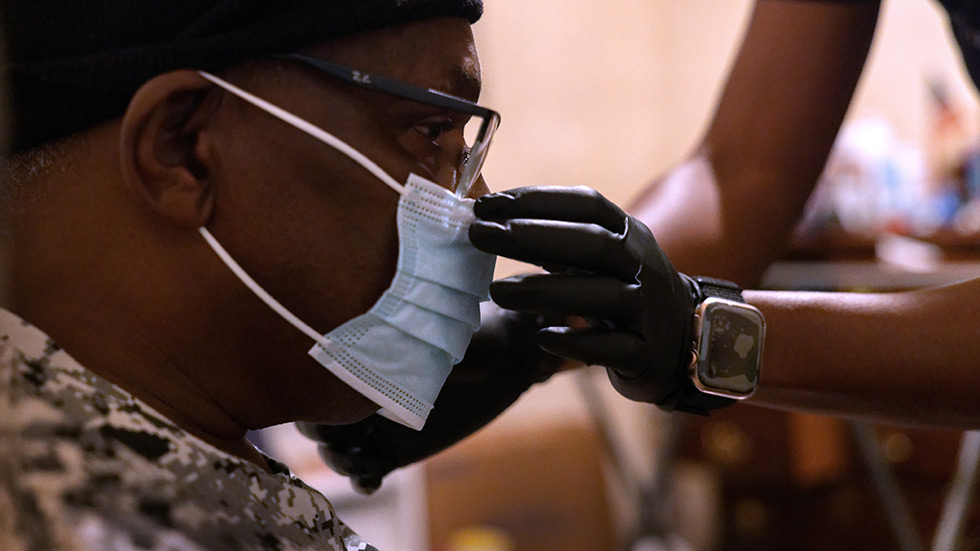
Women more likely to experience long COVID, researchers say
Women are more likely than males to experience long COVID after an infection, and are significantly more likely to experience complications in the nervous system as well as within the joints and muscles, researchers wrote in a study published Monday.
The new study in the scientific journal Current Medical Research and Opinion involved an analysis of nine separate studies on long COVID published in the first 18 months of the pandemic.
According to the study, women are more likely to experience complications in most categories except in the kidneys and in the endocrine system, which is made up of organs and glands that help facilitate the transfer of chemical hormones in the body.
In addition to having more long COVID complications in the brain, spinal cord, on the skin and in the joints and muscles, women are also more likely to struggle with an imbalanced mood and chronic fatigue long after getting COVID-19, researchers wrote.
The authors speculated that “differences in immune system function between females and males could be an important driver of sex differences in long COVID-19 syndrome.”
The study also explains women are more likely to struggle with complications early on after a novel coronavirus infection. Females are more likely to have immediate problems after infection within the musculoskeletal system as well as in the respiratory system and in the nose.
Long COVID has become a primary concern for the medical community during the pandemic. Although the majority of people survive COVID-19, the disease can cause severe complications for many people that may affect the rest of their life.
While people who are hospitalized from COVID-19 are more likely to experience long COVID, people who are asymptomatic can experience it too. People who have Type 2 diabetes or autoantibodies in their system are more likely to get long COVID.
Researchers are still studying long COVID and its effects on patients.
The new study published Monday is “one of few reviews conducted to characterize sex differences” between women and men recovering from COVID-19, the study’s authors wrote.
“In the future, researchers should anticipate studying sex as a variable in infectious outbreaks to ensure optimal treatment of both sexes,” they added.